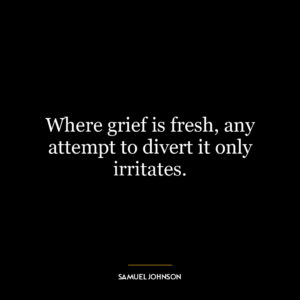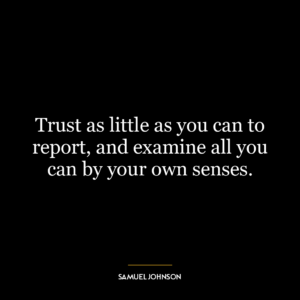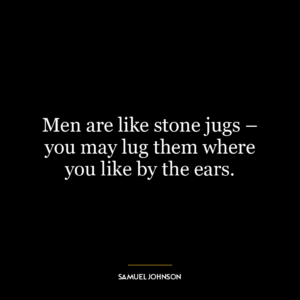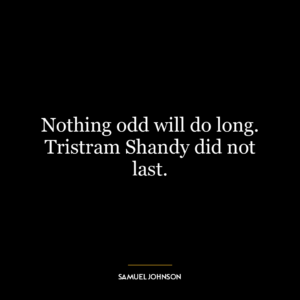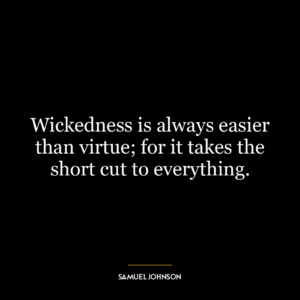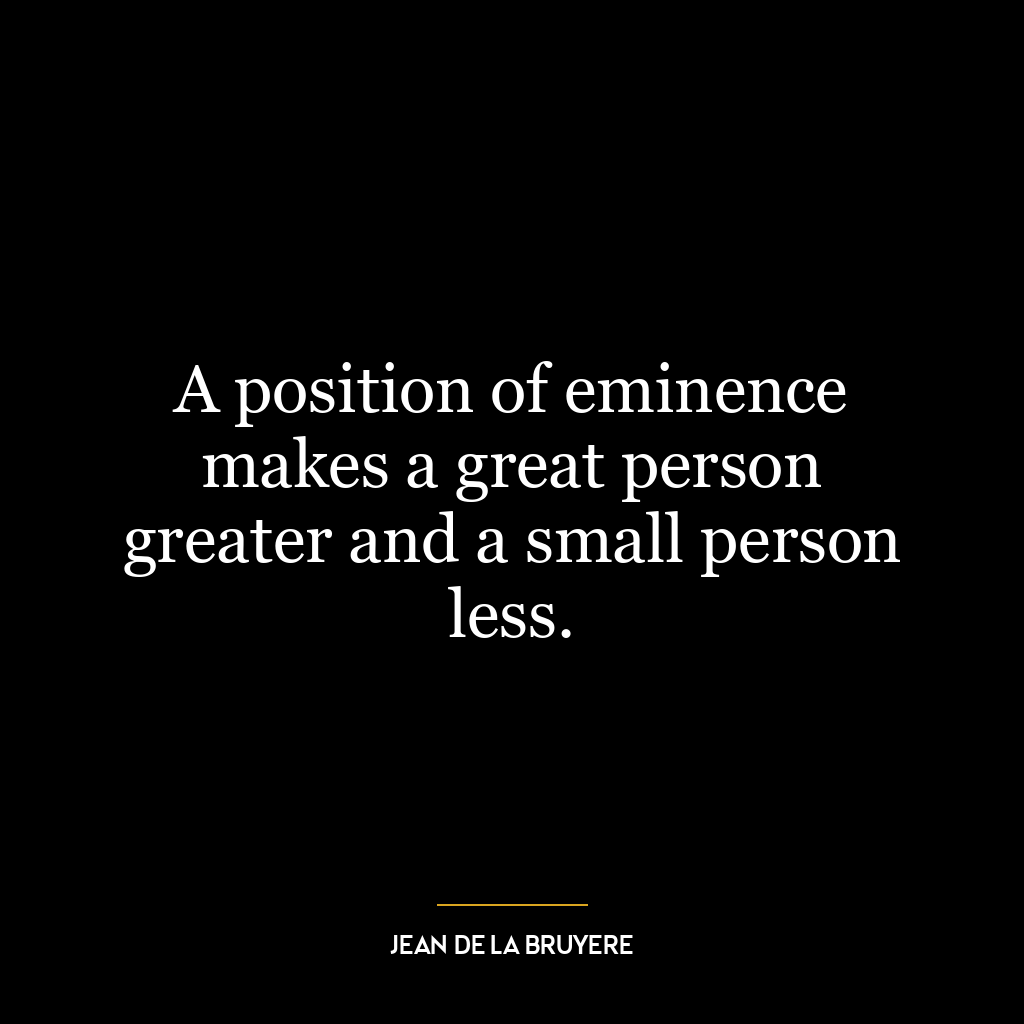This quote suggests that no government power can be misused or exploited for an extended period of time because humanity, as a collective, will not tolerate it. It implies that people have an inherent sense of justice and fairness which compels them to resist and challenge any form of prolonged abuse or misuse of power by their governing bodies.
The quote also carries the implication that human beings are inherently resilient and capable of standing up against oppressive regimes. It emphasizes the strength in unity, suggesting that when people unite against a common cause – in this case, the long-term abuse of government power – they can bring about change.
In today’s world, we see examples of this concept in various forms. From protests against police brutality to movements fighting for climate justice and equality rights across the globe, people collectively stand up against what they perceive as misuse or abuse of power. These actions often lead to policy changes or reforms indicating how mankind refuses to bear prolonged governmental misconduct.
On a personal level, this idea could be applied by understanding one’s own capacity to resist unfair treatment or injustice. Just as societies refuse long-term governmental abuse, individuals should also not tolerate prolonged mistreatment in their personal lives whether it is at work, school or home. This might involve standing up for oneself when treated unfairly or seeking help from others when needed.
Moreover, just like societies need unity for effective resistance against abusive governments; on a personal level too one needs support systems (friends/family/communities) who can provide emotional strength during tough times while resisting unfair treatment.
Therefore on both societal and individual levels this quote inspires resilience against sustained injustice implying that such resilience eventually leads to positive change.




